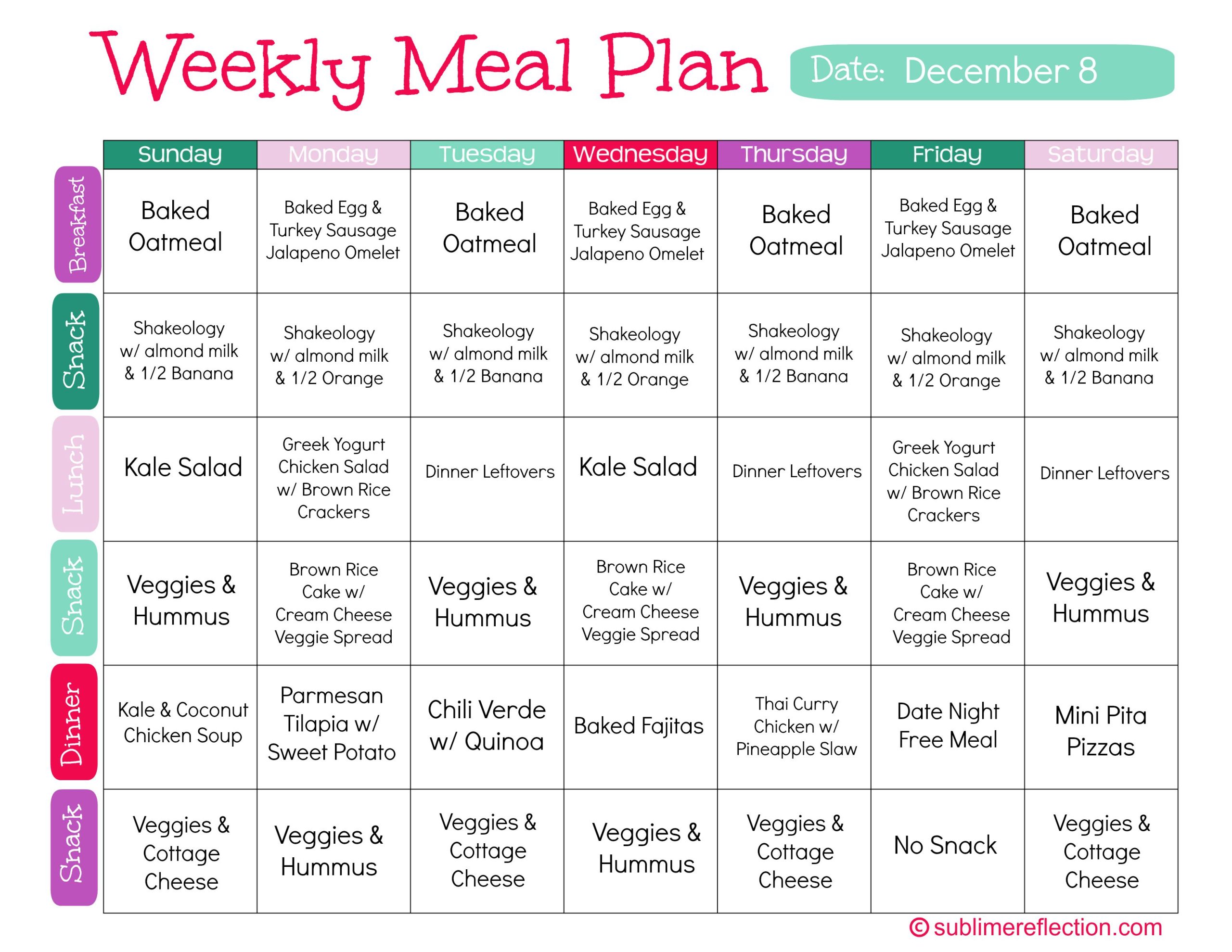The Ultimate Guide to Meal Planning for Beginners
Meal planning is essential for maintaining a healthy diet and saving time and money. As a beginner, the thought of meal planning may seem overwhelming, but with the right strategies and tools, you can easily incorporate it into your routine. In this guide, we will walk you through the steps to help you get started on your meal planning journey.
Set Your Goals
Before you start meal planning, it’s important to set specific goals. Are you looking to eat healthier, save money on groceries, or simply save time during the week? Knowing your goals will help you create a meal plan that aligns with your objectives.
Plan Your Meals
Start by choosing your meals for the week. Consider including a variety of proteins, grains, fruits, and vegetables to ensure a balanced diet. Look for recipes that are easy to prepare and can be made in bulk to save time. Make a list of ingredients needed for each meal to streamline your grocery shopping.
Start Small
For beginners, it’s best to start small and plan for just a few meals at a time. This will help you get into the habit of meal planning without feeling overwhelmed. As you become more comfortable with the process, you can gradually increase the number of meals you plan for.
Shop Smart
Once you have your meal plan in place, it’s time to hit the grocery store. Create a shopping list based on the ingredients you need for your meals. Opt for fresh produce, whole grains, and lean proteins to create nutritious meals. Avoid purchasing items that are not on your list to prevent impulse buys.
Meal Prep
Meal prep is a key component of successful meal planning. Take some time each week to prepare ingredients in advance, such as chopping vegetables, marinating meats, or cooking grains. This will make it easier to assemble meals during the week and save you time in the kitchen.
Stay Organized
To stay on track with your meal planning, consider using a meal planning app or a physical planner to keep track of your meals and grocery lists. Set aside a specific day each week to plan your meals, shop for groceries, and prep ingredients. Having a routine will help you stay consistent with your meal planning efforts.
Try New Recipes
Don’t be afraid to experiment with new recipes and ingredients in your meal plan. Trying new dishes can help keep your meals exciting and prevent you from getting bored with your food choices. Look for inspiration from cookbooks, food blogs, or cooking shows to discover new flavors and cuisines.
Monitor Your Progress
As you start meal planning, pay attention to how it affects your health, budget, and overall well-being. Keep track of your meals and expenses to see if you are meeting your goals. Make adjustments to your meal plan as needed to improve your results and keep you on the right track.
Celebrate Your Success
Meal planning is a valuable skill that can benefit your health and lifestyle. Celebrate your successes along the way, whether it’s trying a new recipe, saving money on groceries, or sticking to your meal plan for the week. Recognize the effort you put into meal planning and enjoy the rewards of a well-balanced diet.
By following these tips and strategies, you can become a meal planning pro in no time. With dedication and practice, you’ll soon be enjoying the benefits of healthy, homemade meals while saving time and money in the process.


